
It’s been quite a long time since I haven’t gone to the cinema and I took the chance to watch Manufactured Landscapes by Edward Burtynsky before it would have disappear from the Parisian cinemas.
I had a positive impression in the complex. The documentary flows pleasantly, with some fluid stock phrases of the author, diaporama of his pictures, preparation of each shot, external interventions, and dialogs with people encountered around.
Some passages leave me in a quandary.
For example Edward Burtynsky affirms more than once that his work doesn’t bring to any judgment, any political critic, any position, anything. This would move the sense of the opera to the pure documentary. The artistic value as surplus would be taken from the fact that art is the amplifier of the human perception, turning into possible a revaluation of reality far from the subjective opinions.
We could talk for ever and ever about how neuter and objective the hyper-aesthetic images of Edward Burtynsky are, without considering that usually any creative work, one way or another, means taking a stand. Documentaries always lie in some way. Moreover, if you’re a photographer that spreads his images in the circuit of art pictures, mechanical objectivity and personal artistic expression are at least in counter sense. Furthermore, it is kind of clear from the start that both the Edward Burtynsky’s point of view and his opinions about the climatic problem and the management of the spaces occupied from men. Anyway, the continuous insistence about the impartiality of the opera gives me some how the suspect they have guilty conscience.
Another couple of points that leaves me a little bit doubtful are the two epiphanies of the author during the movie, mostly when driving he realize the world is made of petrol. What a revelation, petrol is needed to create plastic! You know, too emphatic and easy.
Last but not least, I was amazed to see Edward Burtynsky paying Chinese people so that they posed as he wanted (…and what about the objectivity of the documentary?). In the same picture used in the English version of Manufactured Landscapes, the man with the beast has been paid and taught to pass exactly in that point when Edward Burtynsky would have pressed his finger on the shot button (besides, I think he was also unlucky, as in the movie there’s a third person that occasionally passed behind the man with the donkey, creating an unpleasant –in my opinion – visual interference with it).
Except for this few notes, I enjoyed the movie and the complex opinion is more than positive. The most impressive parts to me are the entire initial section about Chinese factories, with ten of thousands of workers crammed inside sheds, and the woman that builds the electric box with her own two hands so fast that I could never imagine. The chapter about dismantling yard and naturally the one about three gorges dam on the Yangtze River (Cháng Jiāng) and the cities demolished by its own inhabitants.
Anyway the most amazing part of the movie are Edward Burtynsky’s pictures. I knew them all by heart, but it is always a pleasure to watch them all. Formally simple pictures, frontal, flatten, bare. Its sense and beauty, its astonishment come from the exceptionalness of the locations, the work of the photographer is more about research than extravagant composition. There’s a sort of rediscovery of the photography antique pleasure, which could be in mimetic relation with reality, the astonishment of the child looking to the world.
Here’s the trailer of the movie:
[youtube Jv23xwe0BoU nolink]

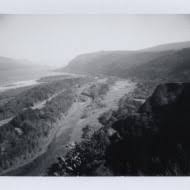
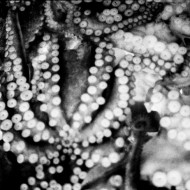
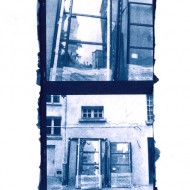

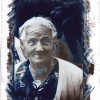
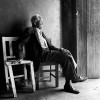
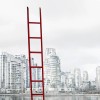


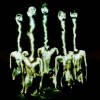

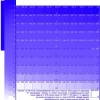
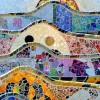
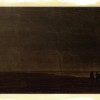
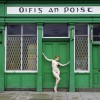
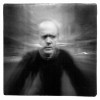
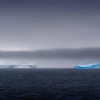
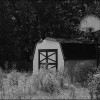
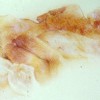
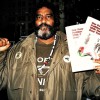
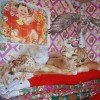

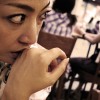
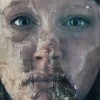
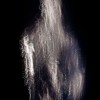
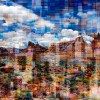
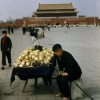
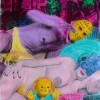






Le foto sono crudelmente affascinanti. I paesaggi ricordano quelli di de Chirico, stessa atmosfera surreale e gli oggetti e le costruzioni hanno un’anima,sono vivi, come le case ed i manichini del pittore metafisico.
Massimo Ielasi
Ciao Massimo
e grazie per il commento. Effettivamente Burtynsky è veramente bravissimo, riesce a creare atmosfere incredibili, sembra quasi che non abiti sullo stesso pianeta che calpestiamo tutti i giorni.
Se ti interessa ho appena pubblicato un articolo su Arco e Art Madrid in cui parlo anche della sua nuova serie di immagini.
You can also subscribe to this post comments RSS feed.